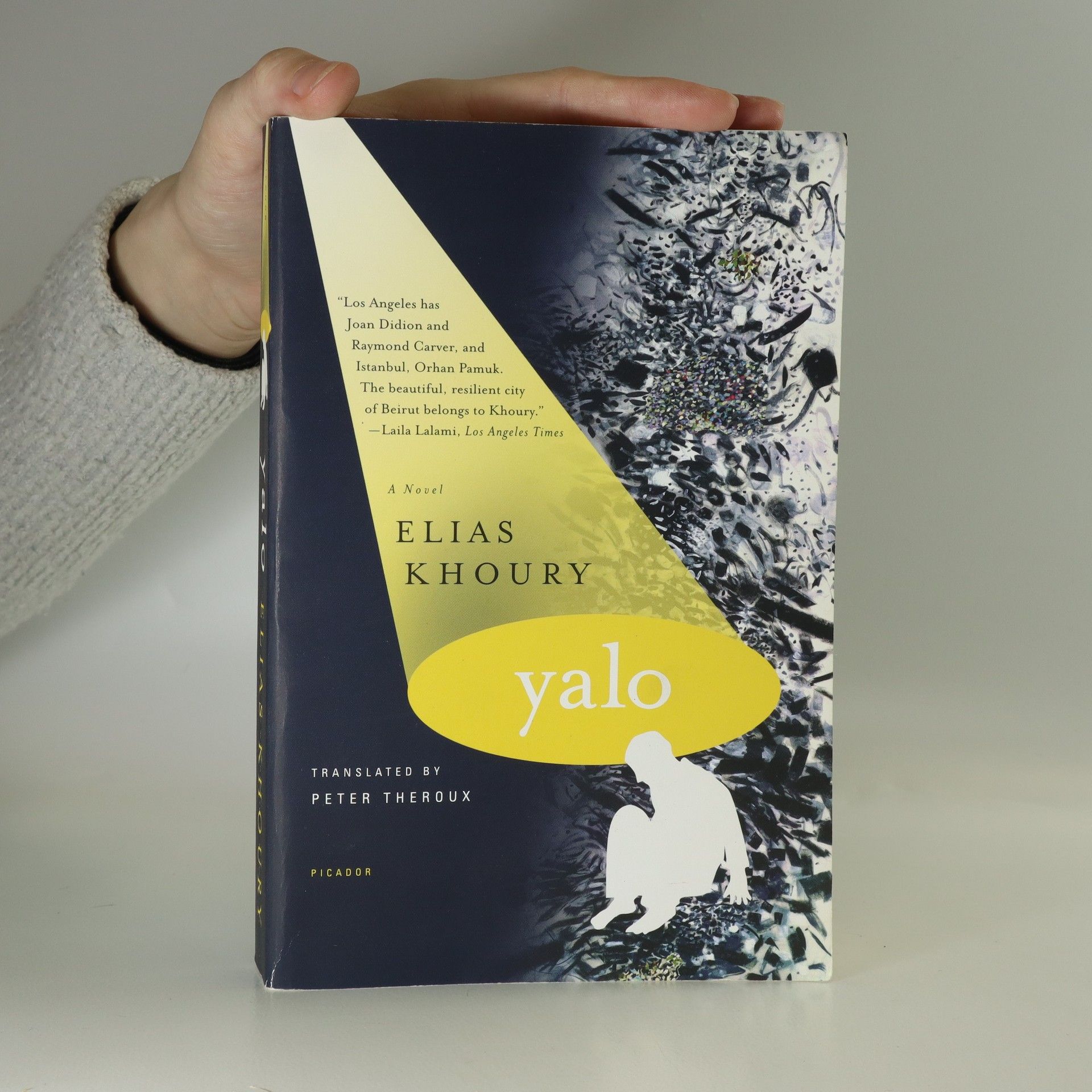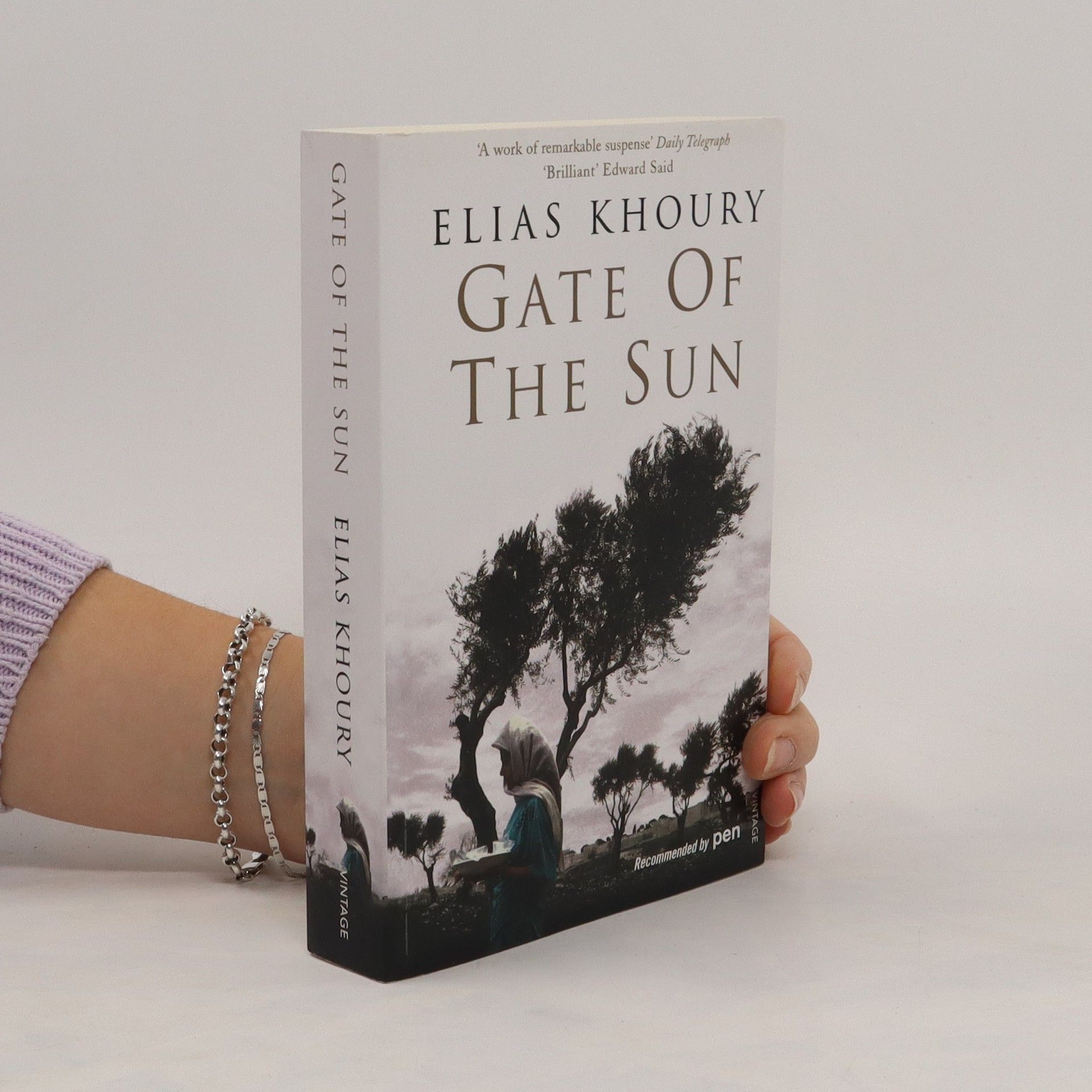Facce bianche
- 278pagine
- 10 ore di lettura
Il 13 aprile 1980, nel centro di Beirut, viene rinvenuto tra le immondizie il cadavere di un uomo sulla cinquantina. Il corpo presenta segni di torture. Il narratore - un laureato in scienze politiche costretto dall'immanenza della guerra civile a riciclarsi in impiegato presso un'agenzia di viaggi - si improvvisa giornalista e decide di scoprire chi ha ucciso Khalíl Ahmad Jàbir, un cittadino qualsiasi, e perché. Ognuno dei sei capitoli centrali dà voce a un personaggio diverso, tra quanti hanno conosciuto o anche solo incontrato la vittima ed è attraverso le loro parole che l'autore cerca di ricostruirne la personalità e le traversie (sono la moglie, la figlia, un vicino, la portiera, un miliziano e un netturbino). Nelle loro storie sono così tante le morti violente, che la morte di Khalíl Jàbir perde quasi di significato e di eccezionalità.


